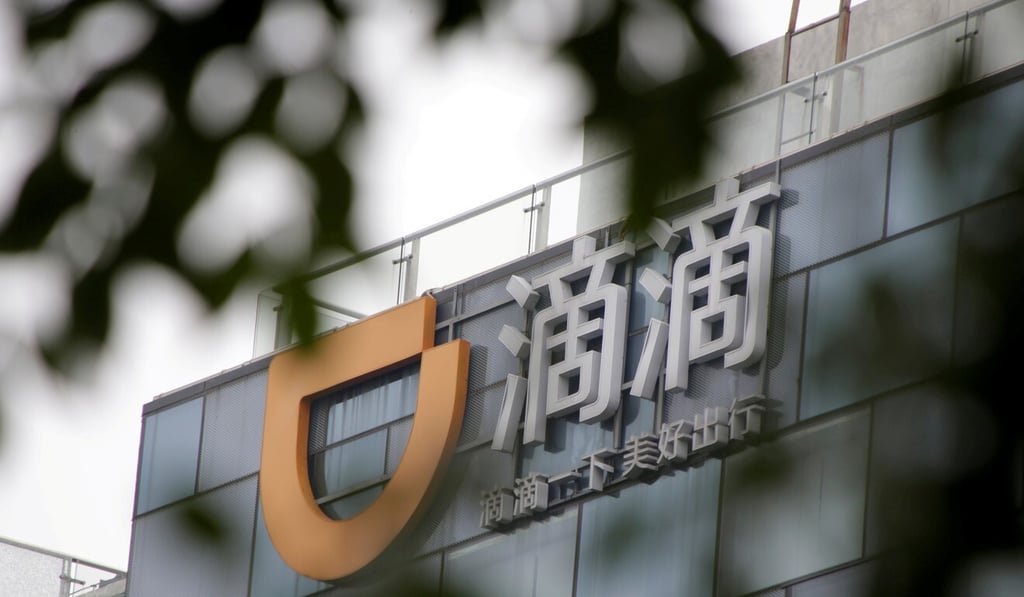Advertisement
Hong Kong to benefit from Beijing’s Didi crackdown, IPO rules overhaul, analysts say
- The crackdown on Didi sends a strong signal that Beijing does not want to see Chinese IPOs listing in the US: analyst
- ‘If we had to speculate, it would probably be easier for these companies to list in Hong Kong than in the US,’ partner at American law firm says
Reading Time:4 minutes
Why you can trust SCMP
1

Hong Kong is likely to benefit as China discourages technology companies from listing in the United States, according to deal makers and analysts.
Many of mainland China’s high-flying technology companies have opted for initial public offerings (IPOs) in the US, as it has the deepest and most liquid market globally. The US bourses’ listing rules are also more relaxed than those in Hong Kong. The tide, however, maybe turning, with the likes of LinkDoc Technology putting their US listing plans on hold.
Their decision follows a review of ride-hailing company Didi Chuxing’s data collection policies by the Cyberspace Administration of China (CAC), the mainland internet regulator, on national security grounds. The review was announced just days after Didi’s US$4.4 billion IPO at the New York Stock Exchange on June 30.
Advertisement
The crackdown on Didi “clearly sends a strong signal that Beijing does not want to see Chinese IPOs listing in the US”, said Ramiz Chelat, portfolio manager at Vontobel Asset Management, which is part of Swiss private bank and investment company Vontobel Holding. “Hence, we believe that any listings in the pipeline that were planning to head to the US will have to rethink strategy and instead focus on a primary listing in Hong Kong. This is all part of [China’s] ‘coming home’ strategy,” he added.
Last Tuesday, China’s State Council announced a sweeping overhaul of regulations that govern how companies raise money both at home and overseas, with the country’s technology sector firmly in its cross hairs. The overhaul and the crackdown on Didi suggest Beijing is no longer taking a relaxed approach to Chinese technology companies with a lot of consumer data listing in the US.
Advertisement

Advertisement
Select Voice
Select Speed
1.00x